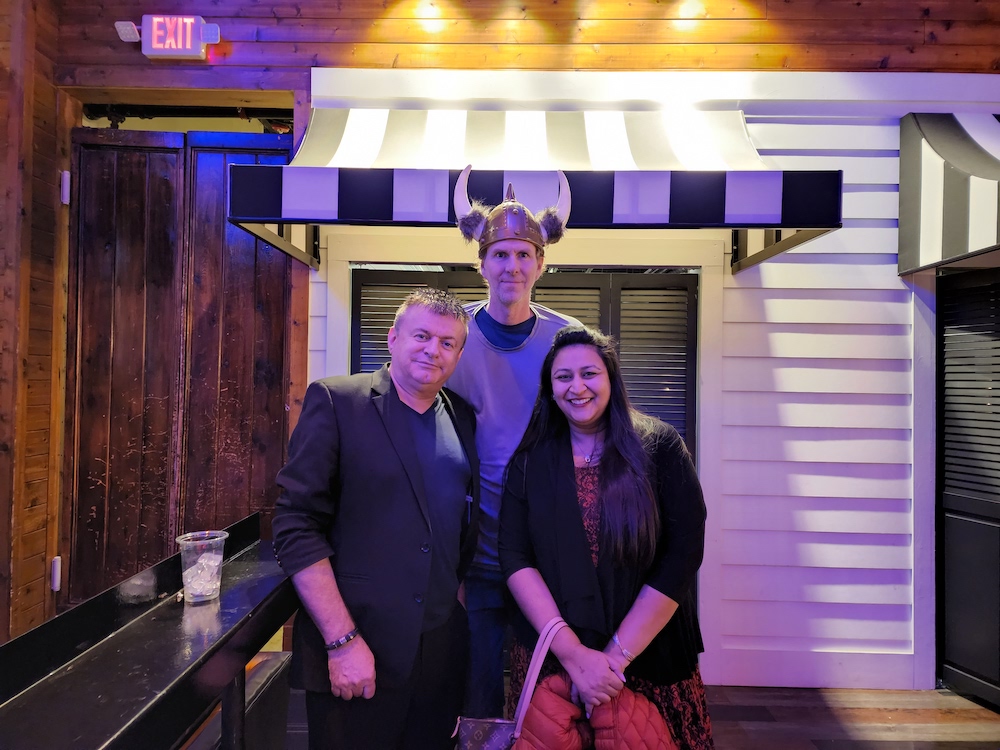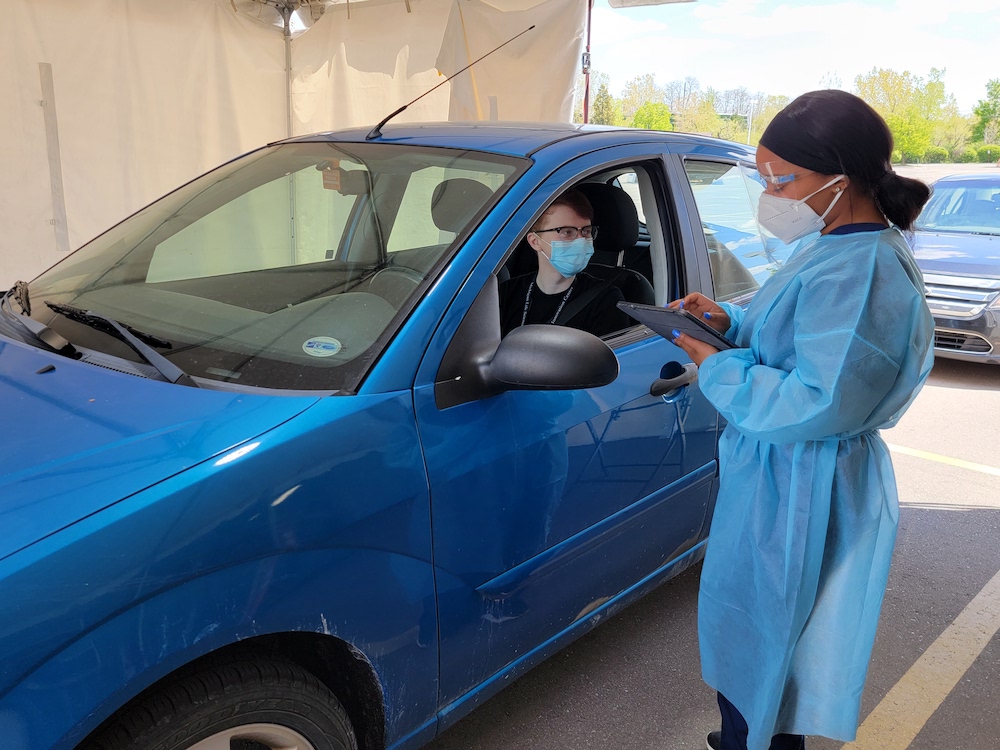How one Wayne State veteran is taking molecular testing to new heights
RapidBio found overnight success in COVID testing thanks in part to WSU alum and former postdoc Shruti Bagla.
Molecular testing of COVID-19 detects genetic material of the virus using a lab technique called reverse transcription polymerase chain reaction (RT-PCR). It’s the most accurate form of testing, but in 2020 at the onset of the pandemic, a number of RT-PCR tests resulted in false negatives and lengthy turnaround times. The process has since improved thanks to molecular technologists motivated to perfect the art.
Shruti Bagla is one of those scientists.
Born in India, Bagla grew up watching her dad better people’s lives as a general surgeon. Wanting to follow in his footsteps, she completed a bachelor’s in biotech from one of the most prestigious universities in India and later came to the U.S. to expand that learning.
She earned her Ph.D. in molecular biology and genetics at Wayne State University in 2014 before taking on a postdoctoral fellowship for 7 years in pediatrics studying first epilepsy and later hematological disorders at the Children’s Hospital of Michigan.
“My research was focused on identifying underlying genetic mutations that resulted in the hematologic disorder, often missed or unexplained by routine clinical testing,” Bagla said. “My years as a postdoc in the labs of Dr. Alan Dombkowski and Dr. Y. Ravindranath led to me becoming the subject matter expert in various molecular techniques including traditional and next-generation PCR.”
Molecular testing at its best
Nearly a year into the pandemic, a mutual friend introduced her to John Cunningham, founder and CEO of the COVID-19 testing lab startup RapidBio in Plymouth. Cunningham was looking for a scientist to lead RapidBio’s product development and expand testing beyond COVID-19.
“My expertise was molecular biology, in particular PCR, and he was looking to develop new PCR-based molecular diagnostic tests—it was my calling!” she said.

Bagla came on as a part-time principal scientist in February 2021, at which time the team consisted of about three dozen employees. She quickly became an employee of all trades. In addition to her work in research and development, she worked in sales and marketing building partnerships with a network of what is now more than 80 independent pharmacies and testing sites, and managed the revenue-cycle management department.
“Our highly specialized molecular technologists and lab assistants, along with the fully automated processes utilizing multiple liquid handlers, real-time PCR instruments, and other specialized equipment, offer PCR tests with highest sensitivity and specificity against the SARS-CoV-2 virus,” she said. “Our team of scientists and automation experts worked around the clock and developed pooling strategies that allow us to run several thousand samples a day with extremely fast turnaround times.”

All the hard work has led to explosive growth for the company.
RapidBio processed over 165,000 COVID-19 samples and generated $11.5M in revenue in 2021. Bagla said the team has processed over 73,000 COVID samples already this year.
RapidBio has since expanded to more than 70 employees and aims to have up to 130 by the end of 2022. The company has expanded their test menu and developed new molecular tests that will help long-term care facilities more precisely treat infections like UTIs and STIs, and identify antibiotic resistance.
Bagla was promoted to director of new product development in fall 2021 and recently became vice president of commercial operations, leading sales, marketing, and revenue-cycle management. She is building a team of highly specialized scientific and clinical professionals with a unique combination of skills to bolster sales and help the company continue to expand.
In it for the long haul, she’s appreciative of those who helped her get here.
“I spent 12 years at Wayne State University. I feel blessed to have had the opportunity to work under the guidance of some of the best mentors that I continue to stay in touch with today. I am a wife, and a mother of two handsome boys, ages five and eight, and while some work days are more than 14 hours long, I always make the most of my time with my family.”
Written by Kristy Case, Graduate School
Read more: